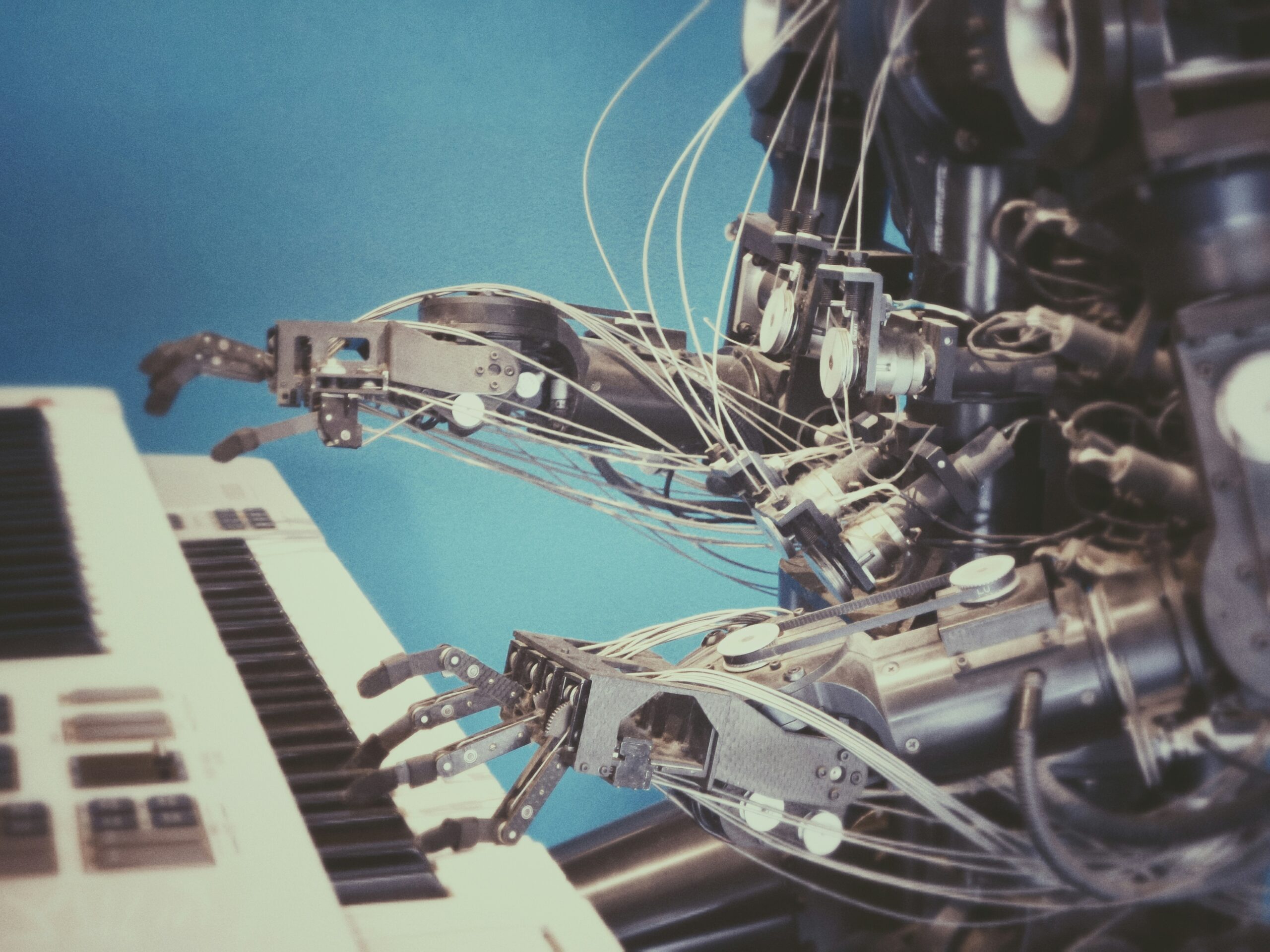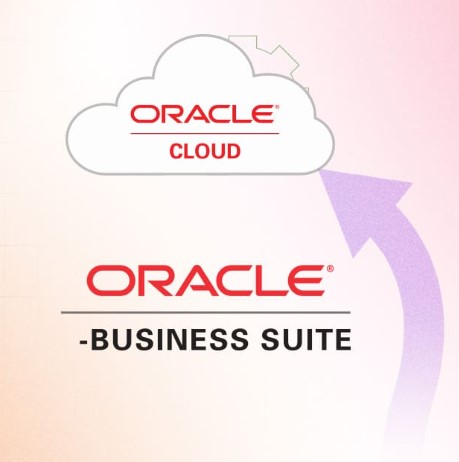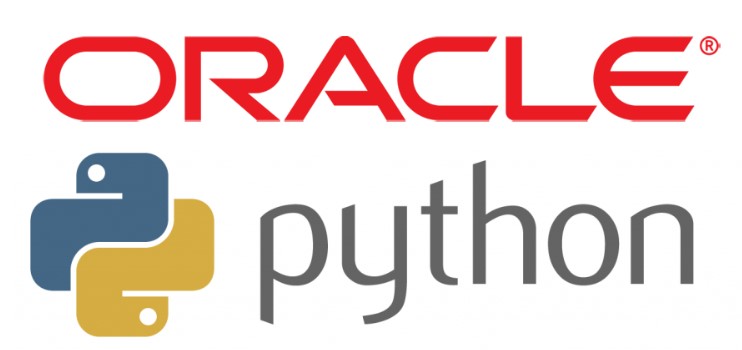Reading Time: 7–8 minutes
Enterprise Resource Planning (ERP) systems have evolved significantly over the past decade. Once focused solely on automating transactions and managing business processes, today’s ERP platforms are now powered by Artificial Intelligence (AI) and Machine Learning (ML), making them smarter, faster, and more responsive than ever before.
For business owners and IT professionals planning their next ERP upgrade, understanding the role of machine learning in modern ERP systems is no longer optional—it’s essential. In this article, we’ll explore how ML enhances ERP software in 2025 and how it can help businesses make smarter decisions, improve efficiency, and stay ahead of the competition.
What Is Machine Learning in the Context of ERP?
Machine Learning is a subset of AI that enables software systems to learn from historical data, detect patterns, and improve over time without being explicitly programmed. When applied to ERP systems, ML algorithms analyze data from finance, supply chain, HR, and other departments to deliver actionable insights, automate decisions, and anticipate future trends.
Why ERP Systems Need Machine Learning
Traditional ERP systems are excellent at storing and organizing data—but they often fall short when it comes to analyzing that data in real-time or predicting outcomes. ML bridges that gap by introducing a layer of intelligence that transforms ERP from a reactive system into a proactive one.
Here’s why machine learning is essential in modern ERP:
- It enables real-time decision-making
- It predicts outcomes using past trends
- It enhances automation of routine tasks
- It increases data accuracy through anomaly detection
- It reveals hidden patterns across departments
Key Use Cases of Machine Learning in ERP
1. Forecasting and Demand Planning
ML-powered ERP systems use historical sales data, seasonality, and external factors to generate accurate demand forecasts. This helps businesses manage inventory more efficiently and avoid overstocking or understocking.
Use case: A retail company uses ML models to predict product demand during holidays, resulting in optimized stock levels and improved sales performance.
2. Fraud Detection and Risk Management
By analyzing transaction patterns, machine learning identifies anomalies and potential fraud much faster than manual audits. This is especially useful in accounts payable, receivables, and procurement processes.
Use case: A finance department receives alerts when a payment deviates from typical patterns, enabling faster fraud detection and response.
3. Intelligent Automation of Workflows
Machine learning streamlines repetitive processes by learning from previous actions and suggesting automated steps. From invoice matching to order processing, ERP systems can now act autonomously with minimal human intervention.
Use case: A manufacturing business automates supplier invoice approvals by using ML to validate quantities, prices, and historical accuracy.
4. Personalized Dashboards and Recommendations
Modern ERP software in 2025 can tailor dashboards and recommend next-best actions based on user behavior and business context. This personalization enhances user experience and productivity.
Use case: A sales manager logs in and immediately sees ML-generated sales opportunities based on customer buying patterns.
5. Predictive Maintenance
In industries that rely on heavy equipment, ML in ERP systems helps predict equipment failure by analyzing usage patterns and sensor data.
Use case: A logistics company reduces equipment downtime by replacing parts based on predictive insights instead of fixed schedules.
Benefits for Small Businesses
ERP for small business often means working with limited resources and tighter margins. Machine learning levels the playing field by offering:
- Smarter automation with less manual input
- Affordable predictive analytics tools
- Better customer insights for tailored service
- Improved decision-making from data-driven reports
Even without a dedicated data science team, small businesses can now leverage the same powerful ML tools as enterprise-level companies.
Machine Learning Features in Leading ERP Software 2025
If you’re planning to upgrade your ERP, here are some top platforms incorporating ML features:
- Oracle Fusion Cloud ERP: Offers predictive planning and intelligent automation through embedded ML.
- SAP S/4HANA: Leverages machine learning for financial reconciliation, procurement analysis, and predictive logistics.
- Microsoft Dynamics 365: Uses ML for personalized insights, sales forecasting, and automated workflows.
- Zoho One: Includes AI-powered assistant Zia that applies ML to business data for smart suggestions.
Affiliate Disclosure: Some links in this post may be affiliate links. If you purchase through them, we may earn a small commission at no extra cost to you.
How to Get Started with ML in ERP
1. Assess Your Current ERP Capabilities
Before implementing machine learning, identify whether your current system supports ML modules or integrations.
2. Define High-Impact Use Cases
Start with processes that can benefit the most, such as forecasting, fraud detection, or automated reporting.
3. Prepare Your Data
Machine learning models rely on clean, structured data. Take steps to organize, validate, and enrich your historical records.
4. Choose the Right Platform or Add-On
Evaluate ERP software that supports embedded AI and machine learning features. Many vendors offer plug-and-play ML capabilities that don’t require extensive development.
5. Train and Empower Your Team
Adopting ML in ERP isn’t just about software—it’s about people. Offer training to help users trust and understand the new features.
Common Challenges and How to Overcome Them
- Data Silos: Consolidate data from various systems into one ERP platform.
- Resistance to Change: Communicate the benefits of ML clearly to gain stakeholder buy-in.
- Lack of Skills: Work with ERP vendors or consultants who can guide your ML integration.
Looking Ahead: The Future of Machine Learning in ERP
As ML technologies evolve, expect to see ERP systems that:
- Continuously learn from business performance and improve accuracy
- Offer autonomous decision-making for routine processes
- Integrate with external AI tools for enriched business intelligence
- Support low-code/no-code customization for unique business needs
Machine learning will become a standard—not a luxury—in ERP systems over the next few years. Businesses that adopt it early will gain a significant competitive advantage.
Conclusion
Machine learning is revolutionizing how businesses interact with their ERP systems. From smart forecasting and automation to real-time insights and personalized recommendations, ML-powered ERP software in 2025 delivers more value than ever before.
If you’re exploring ERP upgrades or implementing ERP for small business needs, consider choosing a solution that includes built-in machine learning capabilities. It’s not just a tech trend—it’s the future of intelligent business operations.



